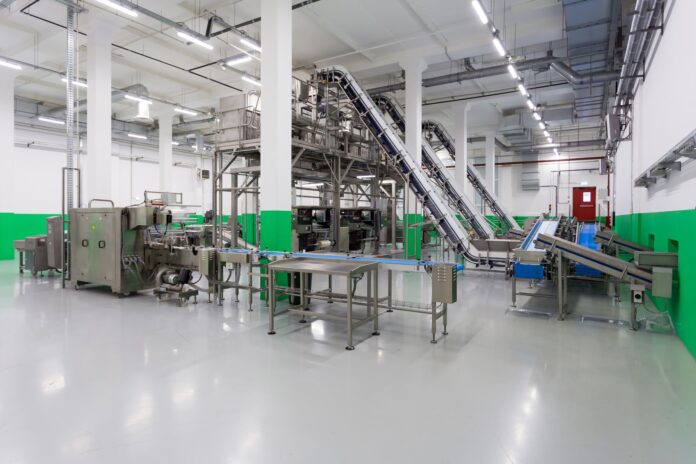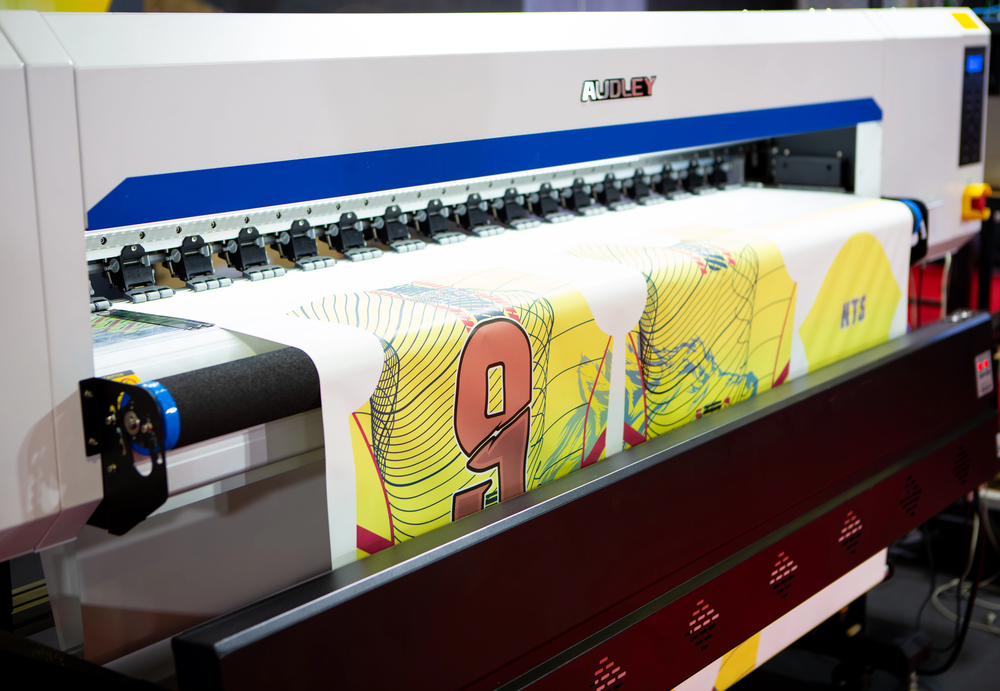To continue growing as a business, it’s important to use tools and software that help with managing your inventory. This is especially true for manufacturers.
When you first start out on the road to growing your company, everything may seem difficult and frustrating — getting everything handled can be even more painful than usual. However, as your company continues on its growth path, you will soon face difficulties keeping track of materials and inventory due to the increased volume and complexity of manufacturing processes. Fortunately, enough tools can drastically help with the process of stock management.
Getting familiar with tools that help manufacture products, such as software programs, can ease up some of this tension and save time (a very limited resource). If you’re not using tools like these already, here are some tools to get you started with managing your inventory using the software.
1. ERP software
Manufacturing ERP software provides tools and functionality specific to the manufacturing industry. This includes production planning, scheduling, design, engineering, and quality control features. ERP software helps manage complex business processes. Manufacturing businesses have many moving parts and components that need to be coordinated effectively to achieve desired results. ERP software automates these processes and helps ensure that tasks are completed on time and within budget. ERP software enables real-time information sharing. With accurate and up-to-date data at their fingertips, manufacturers can make changes on the fly and keep production moving.
2. Manufacturing Execution System (MES)
Manufacturing Execution System (MES) is important for all types of manufacturers, whether they are making cars or cell phones, or something else entirely. MES tools provide a way for businesses to manage and monitor the entire manufacturing process, from start to finish. This software can help with things such as quality control, production planning, and inventory management. By having this system in place, businesses can ensure that their manufacturing process is running as smoothly and efficiently as possible. MES tools can also help manufacturers save time and money. For example, businesses can avoid wasting resources by tracking inventory levels and ordering new materials only when necessary. Additionally, businesses can identify and correct any problems before they occur by monitoring production processes closely.
3. POS software
POS software provides tools to track sales, inventory, and customers. The tools that it offers are vital tools for any manufacturer’s business. For example, tracking sales by inputting the retail price is valuable because it tells businesses how much money they made/lost off each product or service. This information helps manufacturers determine whether or not their products sell well and what the market will be most likely to purchase in the future. Inventory management tools help track which items need replenishing and which items could use more of a certain component material (i.e. broken tools needing replacement). It helps keep track of all parts that need to be ordered and schedules delivery times for when those parts will arrive on site. This is important due to the fact if the wrong parts are ordered, this will delay the production process and create a bottleneck.
4. Product lifecycle management (PLM) tools
Manufacturers need tools to easily update products as they go through the design phase and production line. Product lifecycle tools help simplify this process by connecting all relevant information in one place. They also make it easier to access past designs, allowing manufacturers to quickly update or modify existing items without recreating each one from scratch every time a change is needed. This speeds up the design process and makes it more efficient.

5. Quality control tools
Quality control tools are important for manufacturers because they help reduce waste and increase productivity. Overall, it can be said that quality control tools are helpful to enhance the performance of manufacturers. The tools used in manufacturing become more sophisticated each day. There are various tools available for manufacturer use today; audit management software is one of them. Manufacturers can choose to purchase software that is specific to their needs. Appropriate software can help with tasks such as process planning, scheduling, quality control, and tracking inventory.
6. Sanitation equipment
In the fast-paced manufacturing industry, having the right tools to manage production lines and sales is crucial for success. One essential tool that is often overlooked is all about clean-in-place systems. These systems are designed to clean and sanitize equipment and production lines without disassembling them, saving time and resources. It ensures a high level of cleanliness, reduces the risk of contamination, and improves overall production efficiency. Therefore, investing in reliable clean-in-place systems is wise for any manufacturing business looking to maintain high-quality standards and increase profitability.
7. CAD software
The tools manufacturers use make it possible for them to do their jobs. For those tools to be useful, they also need to be designed properly for the environment in which they will be used. Many tools are created as small pieces of software that require computer hardware and software to run on and communicate with. 3D CAD (computer-aided design) software has become an increasingly important tool for manufacturers. 3D CAD software is used to create a digital model of an object. The object can be anything from a simple three-dimensional shape to a complex product with moving parts. Once the digital model is complete, it can be used to generate a 2D drawing or blueprint of the object. Once the blueprint is completed, it can be used in several ways.
These are just some of the essential tools that manufacturers need to run their businesses. Using these tools can make your manufacturing and production lines more efficient and profitable.
Find a Home-Based Business to Start-Up >>> Hundreds of Business Listings.

















































